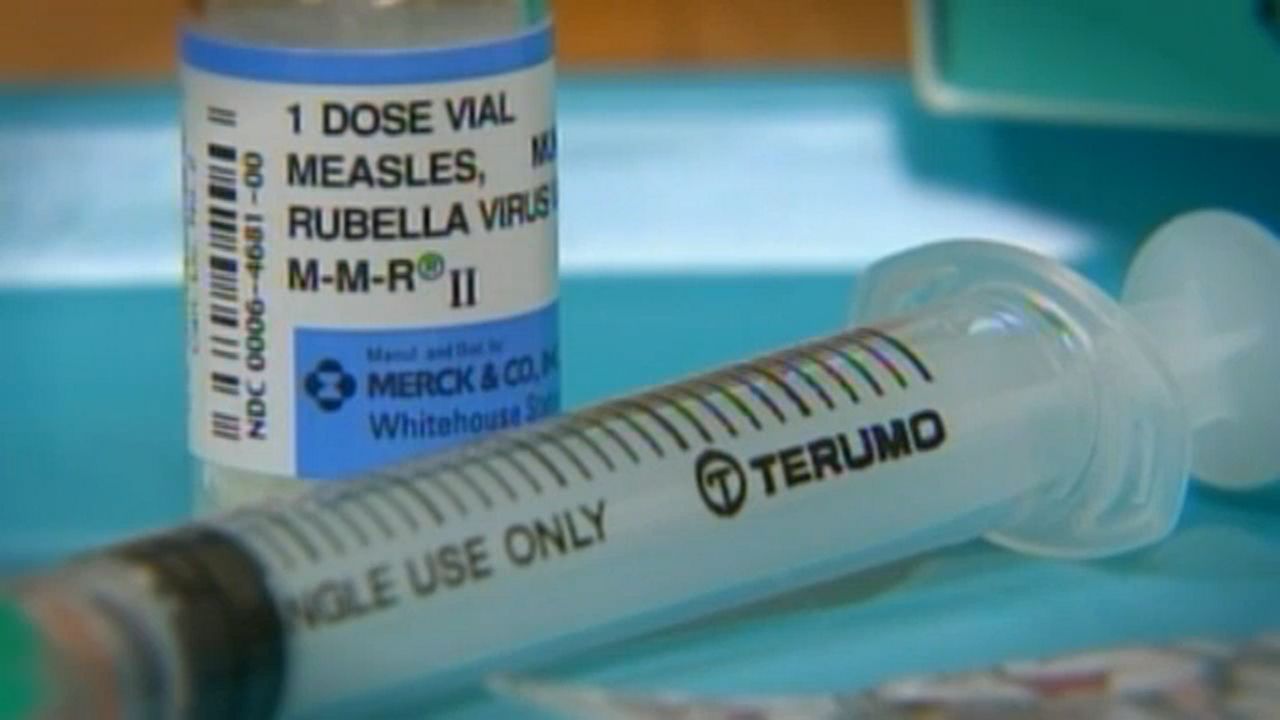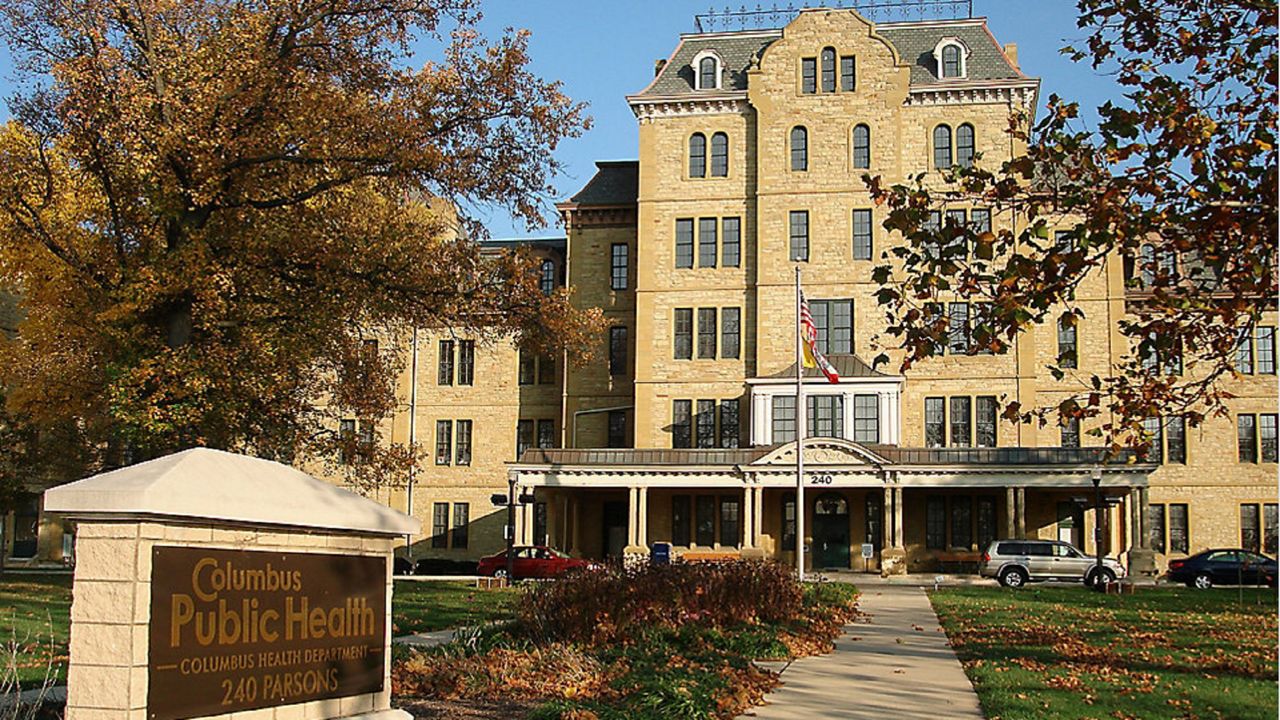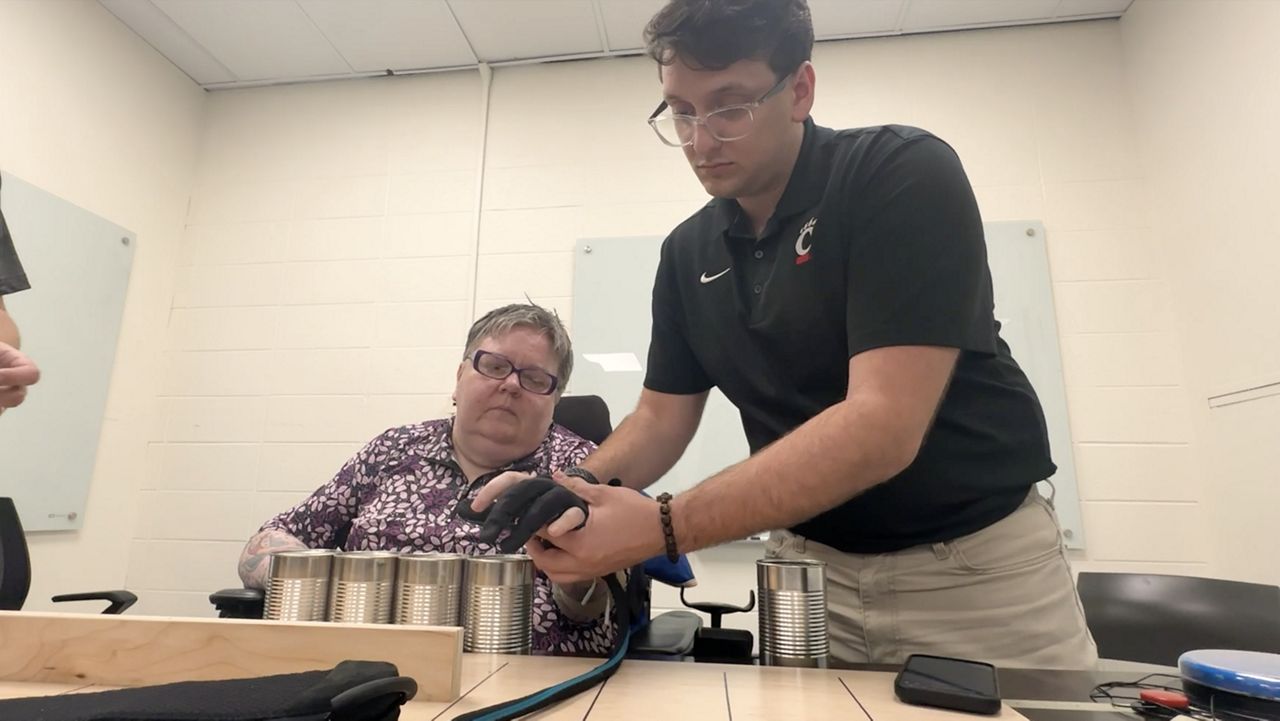OHIO — Research shows heart attack deaths are more likely between Dec. 25 and Jan. 1, according to the American Heart Association. But doctors aren't entirely sure what causes the uptick.
Dr. Ian Neeland, a cardiologist with University Hospitals Harrington Heart & Vascular Institute, said instances of this have been tracked worldwide.
"This has been seen in North America, as well as in Europe, especially in places like Norway and Sweden. And actually some data suggested that in the southern hemisphere like in Australia, where during these holidays, it's the summertime, that they don't have such a spike. But then there are other studies like out of New Zealand for example, which to show that so it's really unclear," said Neeland.
Neeland pointed to changes in hospital staffing as a possible cause or people postponing medical care until after the holiday season.
"No one wants to go to the hospital. They have plans and so maybe they put off symptoms or things that are more minor. Obviously the holidays are a fun and exciting time but can be fraught with emotional stress and family being around. Monetary stress, you know, with needing to buy presents, things like that can also play a factor potentially. And similarly, you know, the holiday time usually overindulge and in food and drink and both the intake of foods like high-salt foods, high-fat foods and alcohol can all potentially lead to this holiday heart syndrome that we call it," Neeland said.
There's also significantly less daylight and people are more sedintary this time of year. Jeff Tomaszewski, owner and trainer at Max Strength Fitness in northeast Ohio, said even if it seems like you dont have the time work movement into your routine each day, little things make a difference.
“I tell clients even if it’s just going for a 5-, 10-, 15-minute walk, it doesn’t need to be brisk; you just need to do it consistently. We just need to put our body into motion," said Tomaszewski.
Max Strength offers in-person training, but they also have programs that can be done at home that are accessible to most people with a chair, a beach towl and an open wall. Strength training exercises that incorporate your cardiovascular system are what Tomaszewski focuses on.
“So cardiovascular refers basically to the heart and lung. The sole job of a heart and lung is to carry blood oxygen nutrition to a tissue, organ, muscle or cell and carry waste away. That’s all it does is it circulates it move things around," he said.
Neeland said there are things we can do to actively prevent a heart attack.
“Keeping track of your health just like you did the whole year, not letting it slip during the holiday season. Obviously doing things in moderation like food and drink and stress reduction techniques and making sure that the the holidays are not only safe but fun and a relaxing time not a stressful time. Those are all things we can we can do together."










